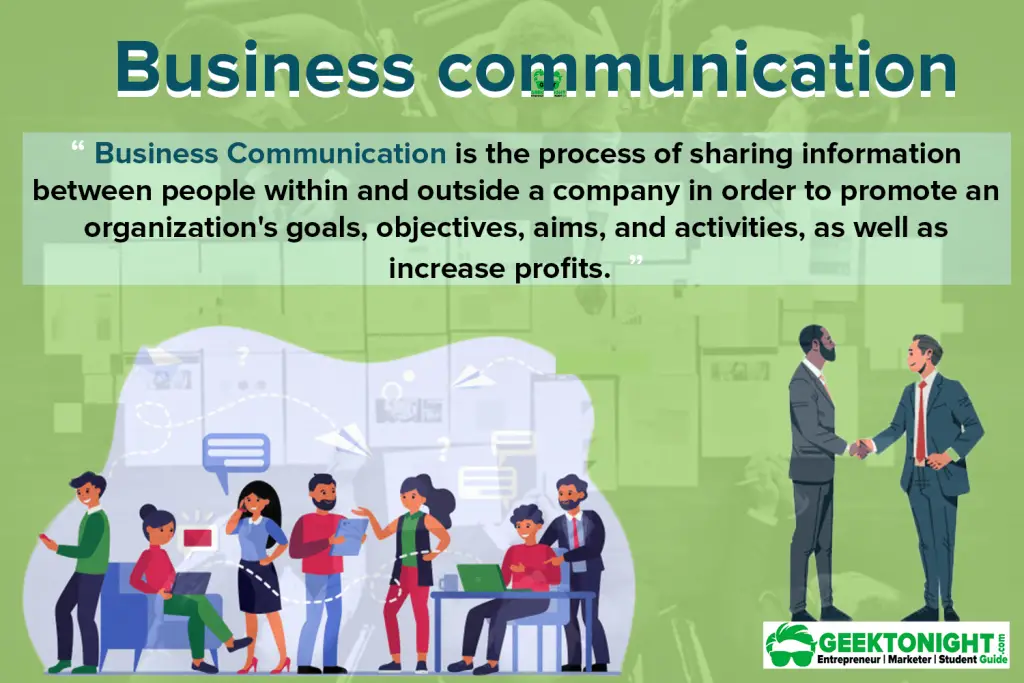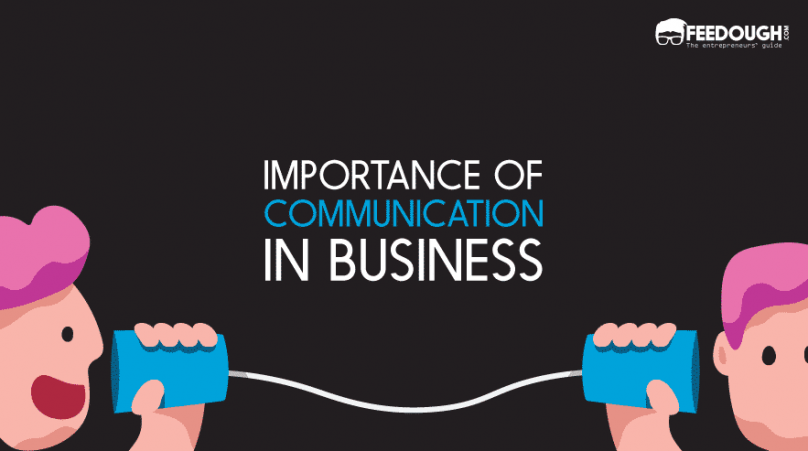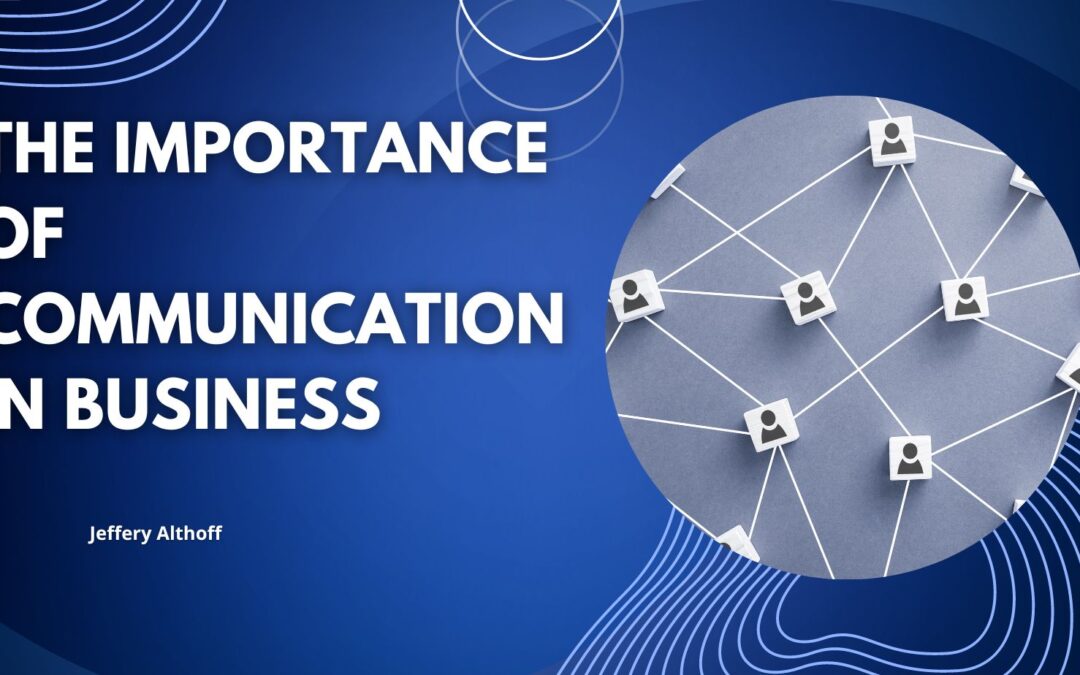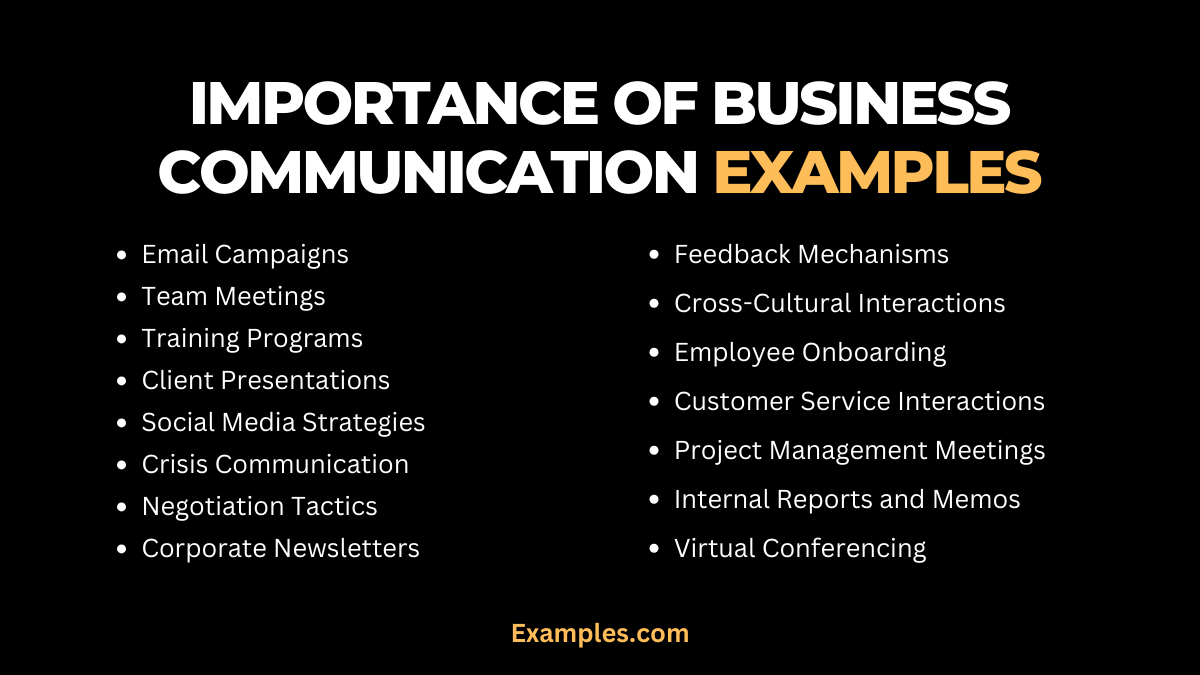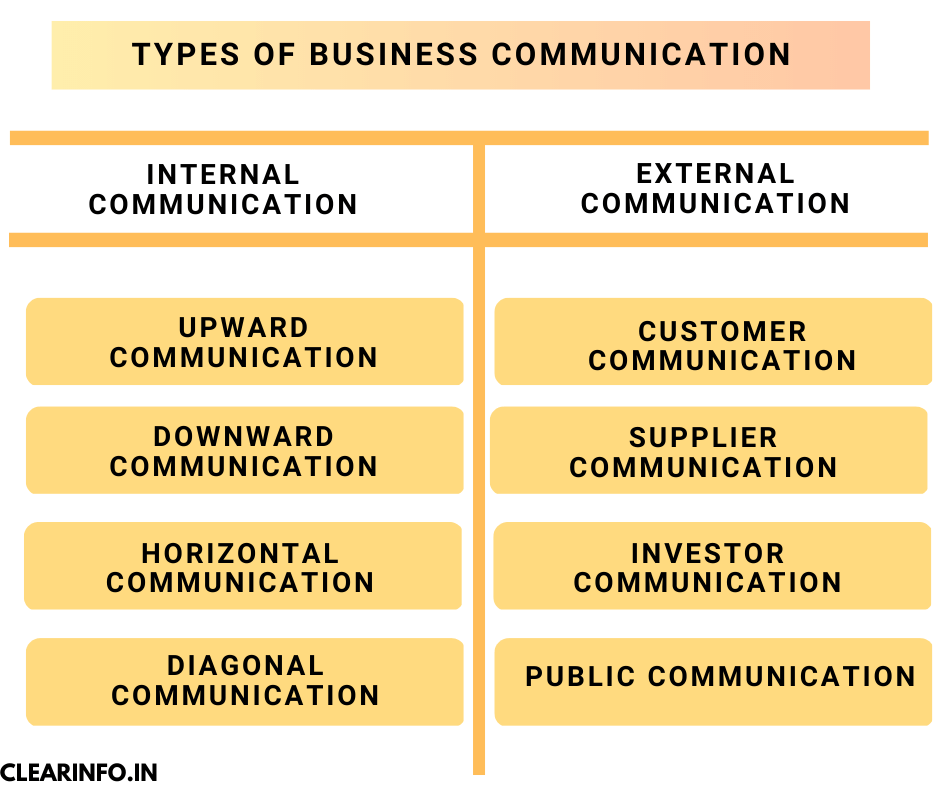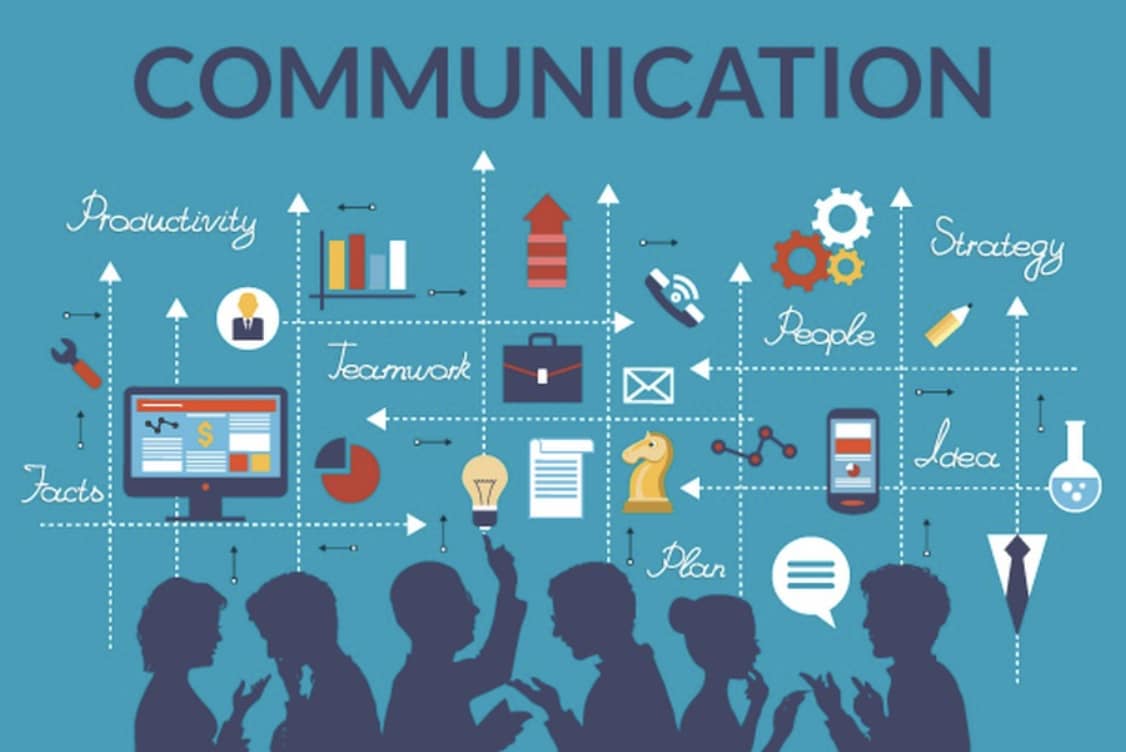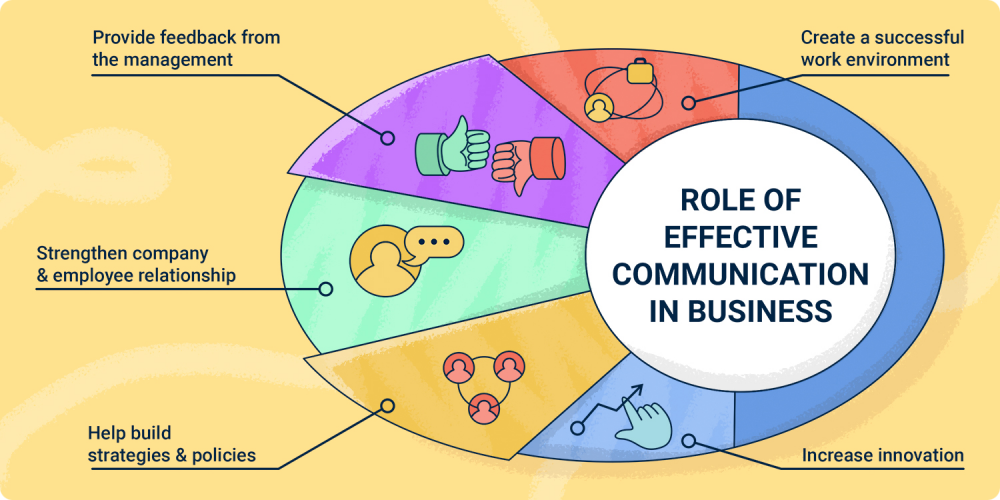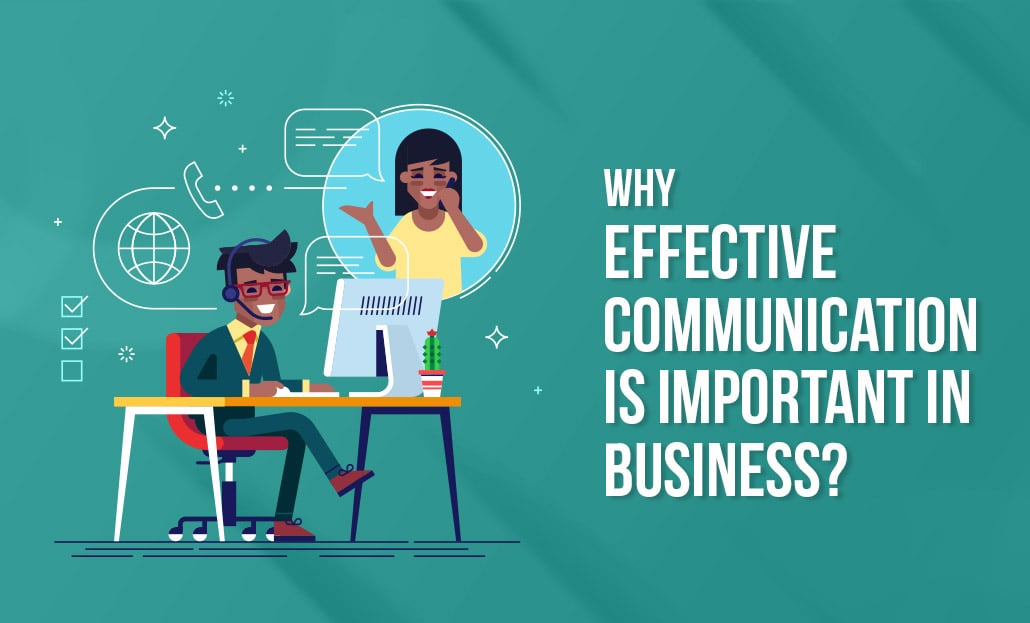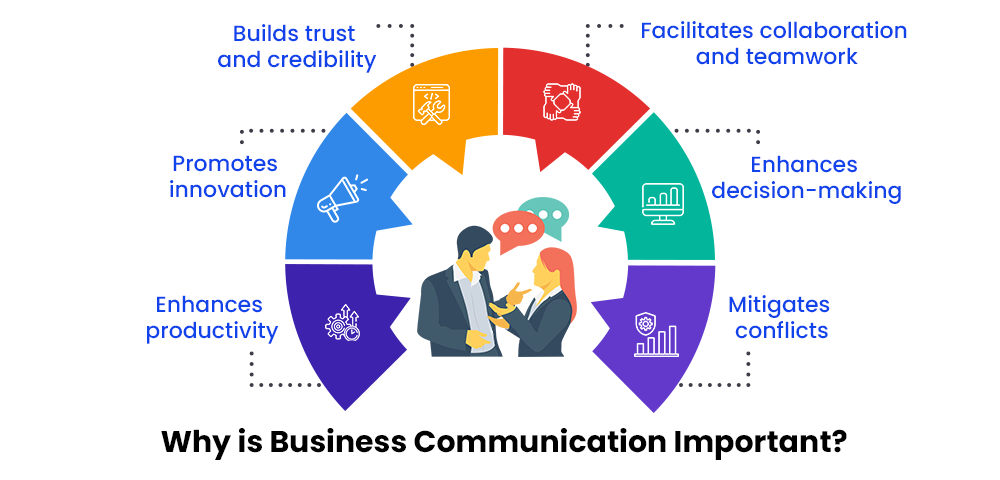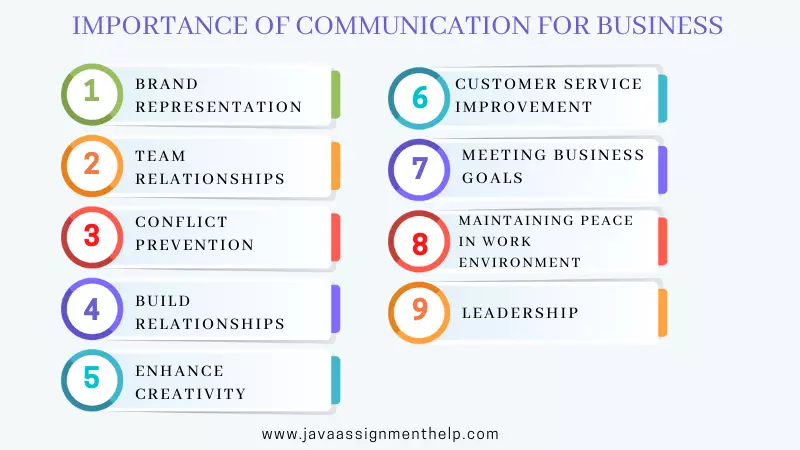Importance Of Communication In Small Business

Imagine a bustling bakery, filled with the aroma of freshly baked bread and the murmur of happy customers. But behind the counter, a disconnect simmers. The baker misunderstands the front-of-house staff's urgent need for more croissants, leading to frustrated customers and a mounting pile of complaints. The problem? A simple breakdown in communication.
At its core, effective communication is the lifeblood of any thriving small business. Like oxygen fueling a flame, it ensures smooth operations, fosters strong relationships, and drives sustainable growth. This isn't just about exchanging words; it's about building understanding, trust, and a shared vision.
The Foundation of a Successful Small Business
Small businesses often operate with limited resources, making effective communication even more crucial. Clear, concise messaging internally and externally minimizes errors, improves efficiency, and maximizes the impact of every interaction.
Think of it as the difference between a well-oiled machine and a rusty contraption. One runs smoothly, effortlessly achieving its purpose; the other sputters and wastes energy.
Forbes highlights that companies with effective communication are 50% more likely to report employee turnover below the industry average.
Internal Communication: Building a Strong Team
Within a small business, a cohesive team is everything. Open channels of communication foster a collaborative environment where employees feel valued, understood, and empowered.
Regular team meetings, transparent feedback systems, and readily accessible information help everyone stay on the same page. When everyone understands the goals, challenges, and expectations, they are more likely to work together harmoniously to achieve success.
Good internal communication also translates to better employee engagement. A recent study by Gallup found that engaged employees are 21% more productive.
External Communication: Connecting with Customers
In today's digital age, a small business's external communication is its window to the world. From the website and social media presence to customer service interactions, every touchpoint shapes the customer's perception of the brand.
Clear, consistent messaging builds trust and loyalty. Prompt, helpful responses to inquiries show customers that they are valued. Actively listening to customer feedback allows small businesses to continuously improve their products, services, and overall experience.
Deloitte research demonstrates that customers are four times more likely to buy from a brand when referred by a friend. Positive word-of-mouth, fueled by excellent communication, is invaluable for small business growth.
Overcoming Communication Barriers
While the importance of communication is clear, implementing effective strategies can present challenges. Common barriers include lack of dedicated resources, time constraints, and varying communication styles among employees and customers.
However, these obstacles can be overcome with proactive measures. Investing in communication tools, establishing clear communication protocols, and providing training on active listening and empathy can significantly improve communication effectiveness.
Furthermore, actively seeking feedback from both employees and customers provides valuable insights for continuous improvement. It shows that the business values their opinions and is committed to fostering open, honest communication.
"The single biggest problem in communication is the illusion that it has taken place." - George Bernard Shaw
The Ripple Effect of Effective Communication
The benefits of prioritizing communication extend far beyond improved efficiency and customer satisfaction. Effective communication fosters a positive work environment, reduces stress and conflict, and promotes innovation.
When employees feel heard and understood, they are more likely to contribute their ideas and take ownership of their work. This leads to a more creative and dynamic workplace, where new solutions are constantly being explored.
Ultimately, strong communication translates to a stronger bottom line, enabling small businesses to compete effectively and thrive in today's competitive landscape.
So, going back to that bakery, imagine a world where the baker and front-of-house staff communicate flawlessly. The customers get their croissants, the business runs smoothly, and everyone feels valued. It all starts with a simple conversation, a clear understanding, and a commitment to connecting with each other.
